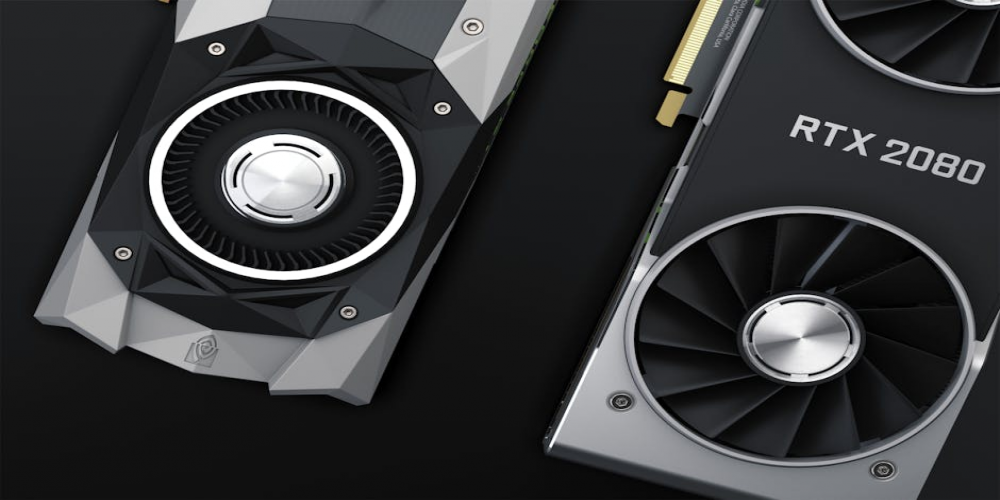
Market Overview
Global equity markets continue to demonstrate resilience, largely propelled by sustained investor enthusiasm surrounding artificial intelligence and the companies positioned to benefit from its expansion. Technology stocks, in particular, are leading the charge, with significant gains concentrated in semiconductor manufacturers and related software developers. This bullish sentiment is occurring alongside growing anxieties regarding potential disruptions to the labor market as AI-driven automation becomes more prevalent across various industries. Broader economic indicators remain mixed, with inflation showing signs of moderation but still lingering above central bank targets, creating a complex backdrop for investment decisions. The overall market narrative is increasingly bifurcated, favoring growth-oriented companies while exhibiting caution towards more cyclical sectors.
Trading Implications
The strong performance of Nvidia, guided by Jensen Huang, is prompting a reassessment of portfolio allocations, with many investors increasing exposure to the technology sector. However, the concentration of gains within a relatively small number of companies raises concerns about potential overvaluation and increased volatility. Traders are closely monitoring macroeconomic data releases for signals regarding the trajectory of interest rates, which could significantly impact equity valuations. A cautious approach, emphasizing diversification and risk management, is advisable given the uncertain economic outlook and the potential for unforeseen shocks. Selective investment in companies demonstrating robust fundamentals and sustainable competitive advantages within the AI ecosystem appears prudent.
Key Insights
Jensen Huang’s Nvidia has become a bellwether for the AI revolution, its success inextricably linked to the broader adoption of these technologies. While the financial benefits of AI are becoming increasingly apparent in the stock market, the potential for widespread job displacement remains a significant societal challenge. Policymakers and businesses must proactively address the skills gap and invest in retraining programs to mitigate the negative consequences of automation. The current market rally underscores the importance of innovation, but also highlights the need for responsible technological development and equitable distribution of its benefits. The long-term sustainability of this growth will depend on navigating these complex social and economic considerations.